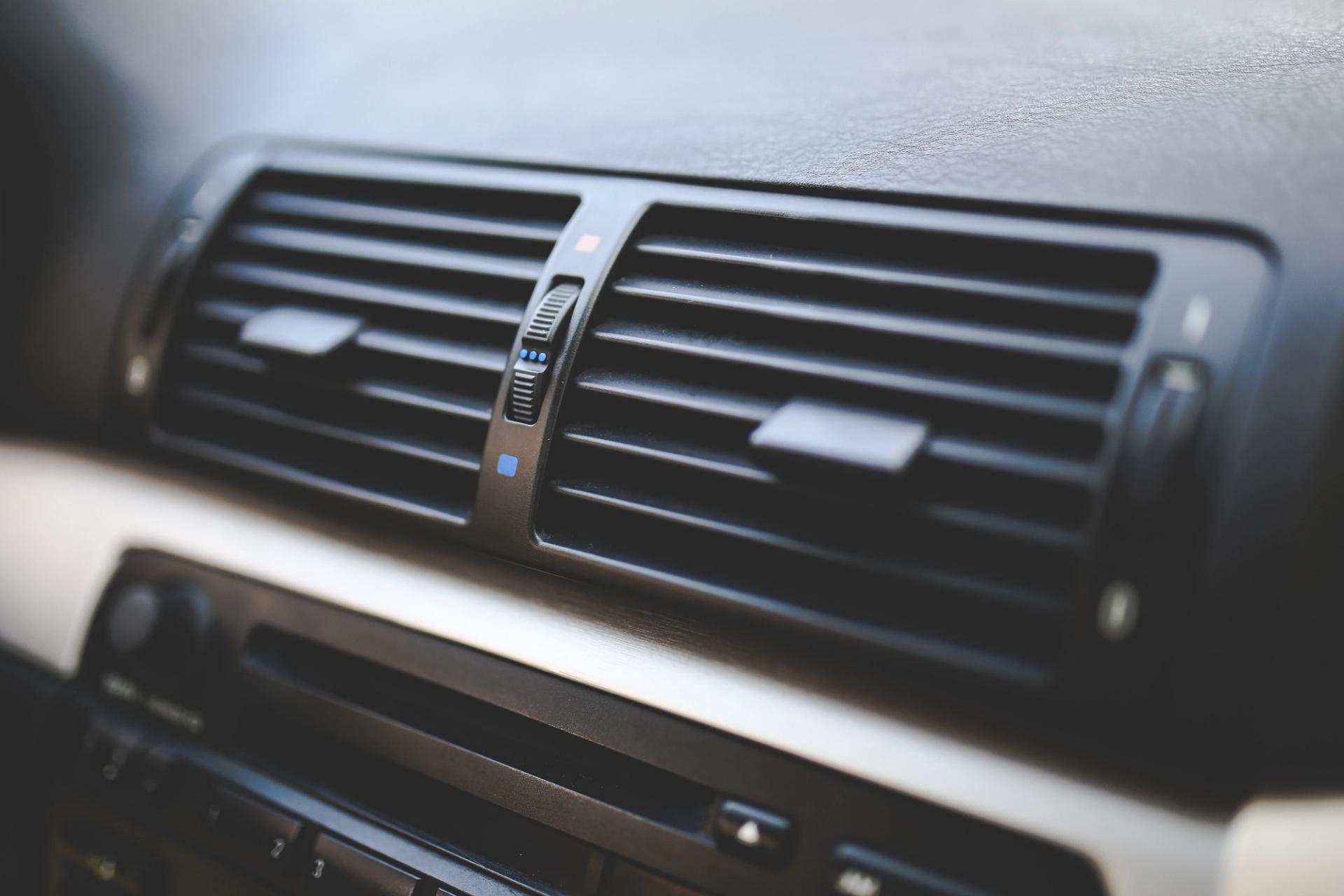Air conditioning in winter: On or Off?

The car air conditioning is often a pleasant companion, especially on hot summer days. But what about in winter? Many drivers still believe that the air conditioning should be turned off during the cold season. This article sheds light on why it makes sense to use the air conditioning even during the colder months.
Everyone knows it: Foggy windows are as much a part of winter as beads of sweat are to summer. What's the reason for this? During the cold and wet season, the car's ventilation system draws in moist ambient air, which then condenses on the windshield. At this point, the air conditioning comes into play: it cools the air and simultaneously removes moisture. Thus, it helps in winter to quickly clear foggy windows.
Air conditioning in winter: A smart choice?
The most obvious reason to use the air conditioning in winter is to improve visibility. When you turn on the air conditioning along with the blower, you dehumidify the air. This prevents the windows from fogging up and ensures clear and safe visibility.
In addition, the regular use of the air conditioning system contributes to extending the life of the system. During operation, the air conditioner lubricates moving parts in the compressor and minimizes the risk of refrigerant loss, which in turn prevents expensive repairs. If the air conditioner is not used regularly, the compressor, hoses, and seals can dry out, leading to leaks and poorer cooling performance.
Another argument for the continuous use of air conditioning in winter is: it prevents the formation of mold and bacteria inside. If you turn off the air conditioning shortly before the end of your drive and let the fan continue to run, the moisture present in the system is removed, thereby minimizing the risk of fungal infestation – and you're also doing your health a favor.

Air conditioning in the cold check: Tips for cold days
However, there is an important limitation to using the air conditioning in winter. At temperatures below five degrees Celsius, the air conditioning should not be used, as this can lead to frost problems. Modern car air conditioning systems usually have temperature sensors that automatically turn off the air conditioning in sub-zero temperatures. Those with older vehicles should make sure to turn off the air conditioning at very low temperatures.
Goodbye foggy windows: How to maintain clear visibility
Driving with fogged windows in winter is not only dangerous but also punishable by law. In the worst case, it can lead to fines and even partial fault in traffic accidents. Therefore, paying attention to clear visibility is especially advisable during the cold season.
VDI advocates for clean air in cars: 'Yes' to air conditioning cleaning
To ensure that the air conditioning system always functions properly, it is important to have it regularly checked and cleaned. This idea is also supported by the VDI (Association of German Engineers). VDI guideline 6032 recommends cleaning the air conditioning system and filter at regular intervals to improve air quality in the car and minimize potential health risks. The guideline suggests replacing the cabin filter at least once a year and having the air conditioning system cleaned by professional workshops every two years. People who suffer from allergies or other health issues should even consider cleaning more frequently.
Winter and Air Conditioning: A Sensible Decision
The air conditioning offers numerous advantages not only in summer but on all 365 days of the year. It ensures that you drive with better air quality, without risk, and with clear visibility – especially during the winter season.